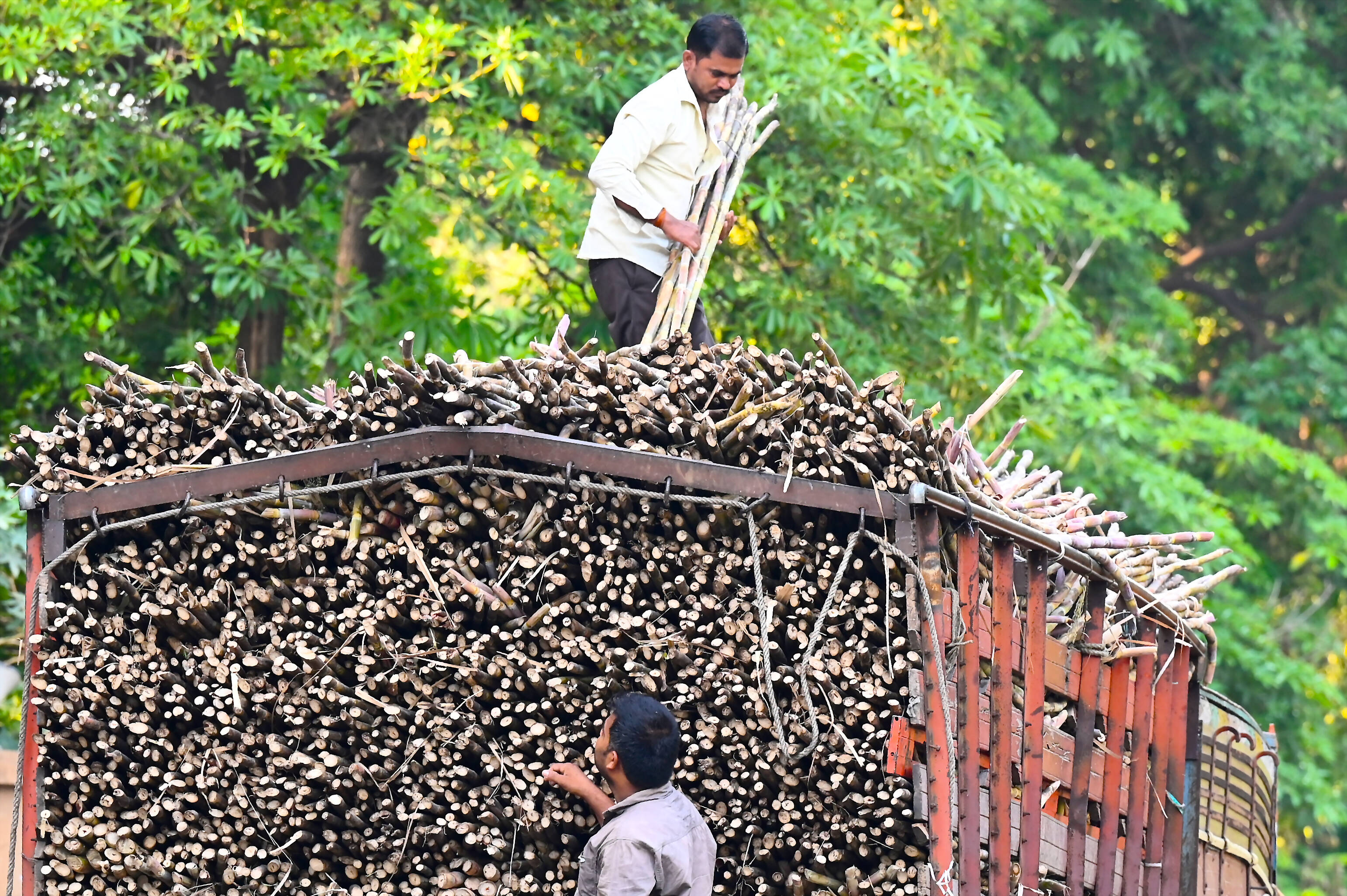
views
After India banned export of non-basmati rice to control prices, there is a growing speculation that there would be a similar curb on sugar exports.
The concerns over a ban on export of the sweetener have been there since April amid a decline in production. The uneven rainfall across India’s agricultural belts have stoked concerns that sugar production will fall short, dropping for a second straight year, Bloomberg reported.
The shortage in output will limit the country’s ability to export. The government has already restricted overseas sale of wheat and some rice varieties giving clear signal that it is concerned about inflation and food prices.
Why Did India Ban Some Rice Export?
The Indian government announced a ban on the export of non-basmati white rice in July to stabilise the volatile retail prices in the country.
The export ban was aimed “to ensure adequate availability of non-basmati white rice in the Indian market and to allay the rise in prices in the domestic market,” the government said.
The rice production in the country had taken a hit due to the unexpected weather changes such as heavy monsoon rains in rice-producing states in the north and deficit rainfall in other parts of the country.

India is the world’s largest rice exporter and non-basmati white rice constitutes about 25 percent of the total rice exported from the country. Though the ban on the rice will keep the domestic prices in check, it triggered fears of further inflation on global food markets.
Declining Sugar Output
Sugarcane growing states like Maharashtra and Karnataka didn’t receive adequate rainfall in June leading to crop stress, Aditya Jhunjhunwala, president of the Indian Sugar Mills Association said.
Pune, a sugar hub in Maharashtra, is facing a water crisis due to inadequate rains and the shortage of water is expected to affect the growth of sugarcane.
Though the sugar output has dropped by 3.4 percent from last year, the supply is expected to meet the domestic demand.
India is also set to use more sugar for biofuel and farm groups say that the mills could divert 4.5 million tonnes to make ethanol, around 10 percent more than the last year.
During the 2022-23 fiscal year, the country’s sugar exports were valued at a record $5,770.64 million, as against $4,602.65 million in 2021-22. The sugar exports hit an all-time-high of 110 lakh tonnes during the 2021-22 sugar season.
Will the Govt Ban Sugar Export?
The rice export ban is a clear signal that the government is concerned about the food security and inflation, said Henrique Akamine, head of sugar and ethanol at Tropical Research Services.
“The worry now is that the government will probably follow suit and do something similar regarding sugar,” he added. Earlier in April too, reports had predicted that India would be banning the export of the sweetener.
The export ban on sugar will not be new as India, in 2022-23 season, capped shipments to 6.1 million tonnes, down from 11 million tonnes in the previous year.
According to Reuters, India usually decides the amount of sugar export before the start of the new marketing year on October 1.
“In any sugar season, it takes at least a few months to get a clear idea about production, and that’s why we will wait until there’s an absolutely clear picture about production,” the agency quoted a government official as saying in June.
The fears on the export ban also comes at a time when the country’s food inflation has risen to 4.49 percent in June, against 2.96 percent in May.
If India imposes a ban on sugar, it could threaten food security across the world as India is the world’s biggest producer of sugar and the second largest exporter after Brazil.




















Comments
0 comment